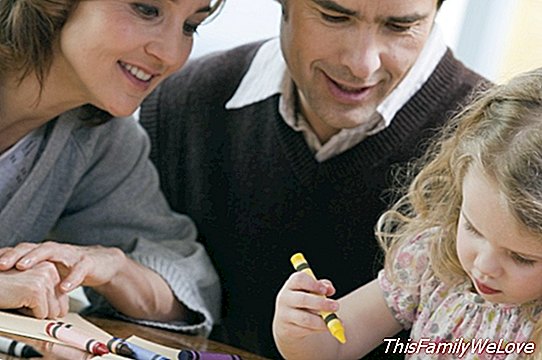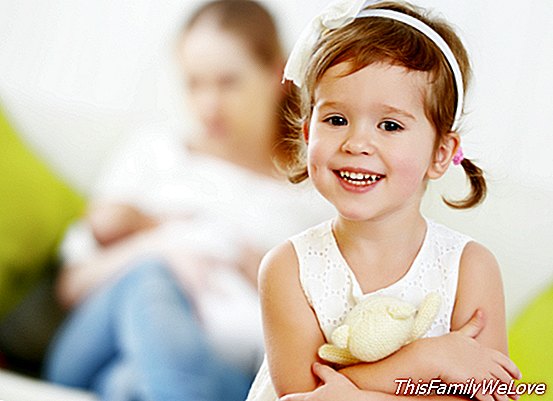4 tips to be better parents, backed by studies


Nowadays it seems that everyone has the definitive method of raising children. Some say that with an iron hand you can get children to learn anything. Others, that prizes and rewards are the only strategy that manages to truly teach. But how many of all the tips you have received about parenting are supported by studies? Here we present four that never fail.
Ask your children: what would Batman do?
As surprising as it may sound to us, scientists at Cornell University have found that raising children's questions about what their favorite superheroes would do in their place will help them behave better. We all have people who are our role model and children as well. Since Queen Elsa, of Frozen to Harry Potter or Spiderman, children admire their favorite characters and want to be like them.
A study by Cornell University asked children between 6 and 12 years of age the following question: what would Batman eat? At the beginning of the experiment they gave the children a choice between chips and apple pieces and only 9 percent of the children chose apple. After asking them what Batman would eat (or other characters that the children admired), 50% of the children chose the apple pieces! And the percentage of children who chose this healthier option among those who had answered that Batman would eat apple was even greater.
So you know, asking them what they would do Princess Sofia or the dog patrol can help you get them to do what they should without threats or rewards. You only have to pay attention when they see your favorite series or read your favorite story to see what character they would like to be and you will have the best ally in the eternal battle to educate.
Emphasize the values and less in the rules

"The room is for free expression, not to make a good impression." This famous phrase from the movie Mine, yours, our It caused opposing reactions between parents and children. The latter could not agree more while the former frown and curse the writers. Not long lists of norms impossible to remember, nor that "creative freedom" that makes coexistence impossible. Always the middle term is the key.
According to recent studies, educational models that focus on teaching values are more effective than those that impose many rules. Of course, there are indispensable limits that all children have to learn but the most important thing is that they internalize the values of their parents and that they distinguish between good and evil. Thus, they will be the ones who impose the rules as their ethical code is formed.
Avoid phrases like "You have to do it because I say so" and try to explain why something is not right or why it is good to carry out a certain task. Little by little they will begin to choose themselves what they think is right and avoid what they think is bad. In this way, when adolescence arrives they will not spend the day looking for gaps in the rules that you have imposed on them and you can trust their criteria when making decisions.
Reward your character, not your actions
According to a study conducted by American psychologist Christopher Bryan, children are three times more likely to pick up their room if you ask them to be helping children instead of asking them to help. I know, the difference seems minimal, but according to the study rewarding them with phrases like "How good you are" instead of saying "What you have done is very good" helps them to internalize the behavior as part of their identity.
In this way, children, when faced with decisions such as helping at home or doing their homework, will choose the right option because they have learned that they are like this, that doing good is part of what they are. And this also works in a negative way. Instead of "Do not cheat" try "Do not be a cheater" and you'll soon reject the lies because they do not want to be liars or insult their brother to not be a bully.
Explain how your bad behavior affects others
Several studies have shown that it is three times more likely that people who are part of rescue missions or who put their lives at the service of others had parents who focused less on punishment and more on explaining how behaving badly can affect others. Other studies have proven the same positive effect that this way of educating has on the lives of children with people who committed a crime and people who became important members of society.
Explaining the effect their behavior has on others teaches them empathy and feeling guilty when they misbehave, and many studies have shown that guilt works. The people capable of feeling guilty were better leaders and better friends.Empathy makes them want to repair the damage caused and guilt has the effect of preventing them from behaving badly again.
When it comes to educating your children, you do not need to memorize thousands of different tips. Your children are born with the spark of good and you only have to revive it. But do not hesitate to let you help with Batman or Harry Potter.
Marga Wesolowsky
<



